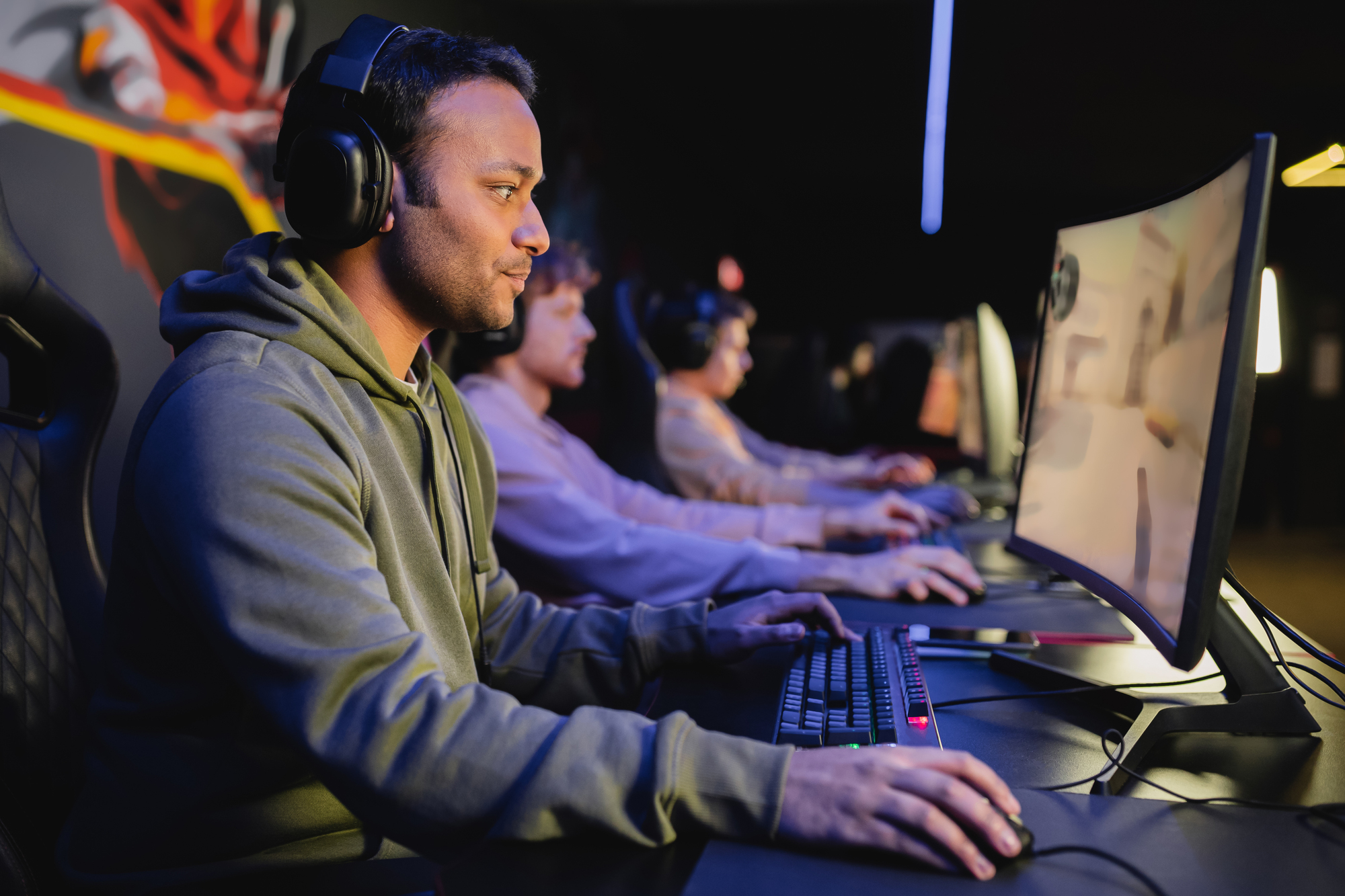Digital identity verification has become a crucial component in the gaming industry. With an estimated 3.09 billion players worldwide, gaming platforms face significant challenges in protecting their virtual worlds from cyber threats and fraudulent activities.
Effective identity verification systems help gaming companies combat account theft, underage gambling, and money laundering attempts. These measures not only protect individual players but also maintain the integrity of gaming ecosystems as a whole.
Gaming platforms are implementing advanced technologies like artificial intelligence and machine learning to verify player identities in real-time. These tools analyze various data points, including email addresses, phone numbers, IP addresses, and device information, to create a comprehensive picture of each user’s digital identity.
Emerging Trends in Identity Verification for Online Gaming
The gaming industry is rapidly adopting advanced identity verification methods to combat fraud and enhance user trust. These innovations focus on leveraging technology, improving regulatory compliance, and refining age verification processes.
Redefining Trust with Technology
Biometric authentication is gaining traction in online gaming platforms. Facial recognition and fingerprint scans offer quick and secure identity verification. AI-powered systems analyze user behavior patterns to detect suspicious activities.
Blockchain technology is also making waves. It provides a decentralized, tamper-proof method for storing and verifying user identities. This reduces the risk of data breaches and identity theft.
Some gaming companies are exploring passwordless authentication. This approach uses factors like device recognition and login location to verify users without traditional passwords.
The Growing Importance of KYC and AML Compliance
Gaming platforms are strengthening their Know Your Customer (KYC) and Anti-Money Laundering (AML) procedures. This helps them meet regulatory requirements and prevent financial crimes.
Many operators now use automated KYC checks. These systems quickly verify user documents and personal information against global databases. This speeds up the onboarding process while maintaining high security standards.
Real-time transaction monitoring is becoming standard practice. AI algorithms flag suspicious betting patterns or unusual fund transfers. This allows gaming companies to swiftly investigate potential money laundering attempts.
Innovations in Age Verification Methods
Age verification is critical for online gaming platforms to protect minors and comply with regulations. New methods are emerging to make this process more accurate and less intrusive.
Some companies use AI-powered age estimation software. These tools analyze facial features to determine a user’s approximate age. While not foolproof, they serve as an initial screening method.
Digital ID solutions are gaining popularity. Users can securely store their age-verified credentials in digital wallets. This allows for quick and easy age checks across multiple gaming platforms.
Gaming operators are also partnering with credit bureaus and government databases. This enables them to cross-reference user-provided information with official records for more reliable age verification.
Enhancing User Experience in Gaming Platforms
Identity verification in gaming platforms balances security with player satisfaction. Efficient processes improve onboarding, retention, and operational efficiency.
Balancing Security with Seamless Onboarding
Gaming operators face the challenge of implementing strong security measures without creating friction for new players. A smooth onboarding process is key to attracting and retaining gamers. Quick identity checks using advanced APIs allow players to start gaming faster, improving their initial experience.
Effective identity verification systems can complete checks in seconds, minimizing wait times. This rapid process reduces abandonment rates during sign-up. Gaming platforms benefit from increased conversion rates while maintaining regulatory compliance.
The Role of User Experience in Player Retention
A positive user experience is crucial for keeping players engaged long-term. Streamlined identity verification contributes to this by reducing frustration during account creation and logins.
Regular players appreciate systems that remember their information, allowing for quick re-verification when needed. This convenience encourages continued platform use and loyalty.
Platforms that offer a seamless experience across devices further enhance user satisfaction. Players can switch between mobile and desktop without repeatedly verifying their identity.
Auto-Approvals Versus Manual Reviews
Auto-approval systems significantly speed up the verification process for most users. These systems can instantly approve a large percentage of players, allowing them immediate access to gaming services.
Some cases require manual review for additional security. The goal is to minimize these instances to reduce operational costs and prevent delays.
A well-designed system strikes a balance between auto-approvals and manual reviews. It maximizes efficiency while maintaining high security standards.
Platforms aim to auto-approve as many users as possible without compromising safety. This approach improves the player experience and reduces workload for support teams.
Mitigating Risks: Fraud Prevention and Player Safety
Digital identity verification plays a crucial role in safeguarding online gaming platforms and their users. It helps combat fraud, protect minors, and maintain fair play.
Strategies to Combat Identity Theft and Account Fraud
Gaming companies employ advanced technologies to verify player identities and prevent unauthorized access. Multi-factor authentication adds an extra layer of security by requiring users to provide additional proof of identity beyond passwords. Biometric verification, such as fingerprint or facial recognition, offers a secure method for user authentication.
Continuous monitoring systems analyze player behavior patterns to detect suspicious activities. These systems flag unusual login attempts, sudden changes in playing habits, or large financial transactions. When anomalies are detected, accounts may be temporarily locked pending further verification.
Data encryption protects sensitive information during transmission and storage. This makes it difficult for hackers to intercept or access player data, reducing the risk of identity theft.
Ensuring Compliance to Protect Minors
Age verification is a key component of player protection in online gaming. Platforms use various methods to confirm users’ ages, including document verification and database checks. Some systems require users to upload government-issued IDs, which are then analyzed for authenticity.
Parental control features allow guardians to set limits on playtime, spending, and access to certain game content. These tools help prevent underage gambling and excessive gaming.
Gaming companies also implement strict marketing guidelines to avoid targeting minors. This includes age-gating promotional content and avoiding imagery that appeals to children.
The Battle Against Cheating and Harassment in Gaming
Anti-cheat software detects and prevents the use of unauthorized programs or modifications that give players unfair advantages. These systems monitor game files, memory, and network traffic to identify cheating attempts.
Machine learning algorithms analyze in-game communications to detect and filter out abusive language or harassment. Players can report inappropriate behavior, triggering review processes that may lead to warnings, temporary bans, or permanent account suspensions.
Some platforms use reputation systems that reward positive behavior and penalize negative actions. This encourages players to maintain good conduct and fosters a healthier gaming environment.












